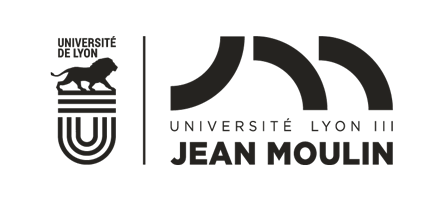- Research,
- Ecology,
Philippe BILLET - The construction of a right to climate. Comparative jurisdictional experiences
CALL FOR APPLICATIONS 2025 – MSCA POSTDOCTORAL FELLOWSHIPS



Keywords: Environmental law, comparative law, justice, human rights, equity, case law
Competencies/Skills needed : Fluency in legal databases and legal analysis, Significant experience of comparative law
Supervisor
Personnal page
Host institution
Research Lab
Philippe BILLET
https://www.univ-lyon3.fr/medias/fichier/cv-ph-billet-1er-fe-vrier-2025-_1739043625867-pdf
Université Jean Moulin Lyon 3
https://www.univ-lyon3.fr/
EVS - Environnement Ville Société
- Description of the Host Research Lab
-
Environnement Ville Société (EVS) takes an interdisciplinary approach to analyze the dynamics of change between environment, city and society, in the light of interactions between actors and agents of change, integrating entities of various natures, human or otherwise, that can drive, prohibit or steer change. The spatial dimension of change is explicitly taken into account. The major processes to which EVS pays particular attention, and on which it has built up a recognized expertise, include the anthropization of environments, urbanization, adaptation to environmental change, Europeanization, transformations in work and creation, and the circulation of data, human groups or materials.
Research Project
FORESEE - Living with the CCC (consequences of climate change), towards reshaping the social Contract
- Description of FORESEE
-
As a partner of FORESEE, a 8-year project laureate of the France 2030 Programme on Social Sciences and Humanities, within a Consortium leaded by Grenoble Alpes University, and including Lille University, Bordeaux University, Paul Valéry Montpellier University, as well as CNRS and INRAe, Jean Moulin Lyon 3 University leads the Axis 3, « CCC as a challenge to the social contract : (in)equalities, (in)justices », and contributes to a major and innovative interdisciplinary mobilization.
After decades of accumulating scientific knowledge, the consequences of climate change are now being felt intimately and on a large scale. The FORESEE project is based on the premise that this experiential aspect of CCCs, still largely unexplored, is essential for understanding the diversity of reactions to CCCs. This understanding is crucial for documenting the conflicting social dynamics they generate and for proposing ways to achieve sustainable and equitable change.
FORESEE mobilizes the diversity of the social sciences and humanities to provide three intertwined perspectives, systematically articulating the micro/meso/macro scales of analysis :
1. From the perspective of individual affects and experiences, the project examines the diverse discourses and arguments surrounding CCCs, documents the epistemic barriers to understanding planetary limits, and characterizes the emergence of ecological sensitivities ;
2. It documents the mechanisms of resilience, resistance, and adaptation of territorial organisations, focusing particularly on vulnerable areas and their institutions (by involving metropolitan areas, towns and local authorities), the adaptation trajectories of public and private entities (by involving businesses, civil society organizations, etc.) and the transformations of territorial ecosystems facing CC (by observing the systemic interactions between these players).
3. It examines how (in)equality and (in)justice – prominent consequences of climate change - are oblige us to deeply reevaluate the foundations of the social contract and challenging key legal concepts that shape our understanding of fundamental freedoms.

